
Taras Riabchenko
project managerMaster of Laws from the Kyiv National Economic University named after Vadym Hetman.
Expert in the field of anti-corruption expertise of draft laws, management of sanctioned and seized assets, and sanctions policy. He has experience in analyzing Ukraine's fulfillment of its international anti-corruption obligations.
He is the author of amendments to the Law of Ukraine ‘On the State Budget of Ukraine’ on financing public broadcasting in Ukraine, financing the apparatus of the Verkhovna Rada of Ukraine, etc.
Participated in discussions and roundtables on selected topics, including financing of decentralization, the role of the Accounting Chamber, tax reform in Ukraine, improving the efficiency of state budget administration, and the role of financial and economic justification in drafting laws.
Related News
Reading time:
5 minutes
Related Project
Purging Russian influenc…4 Nov. 2025
Reading time:
5 minutes
Related Project
Development, Improvement…3 May 2025
Reading time:
4 minutes
Related Project
Development, Improvement…2 May 2025
Related analytics

Authors:
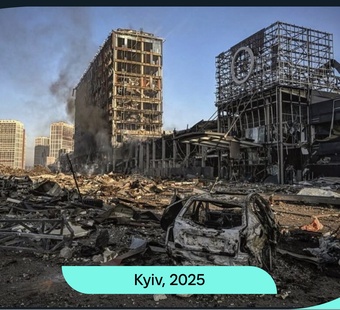





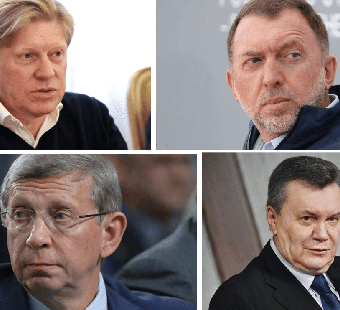
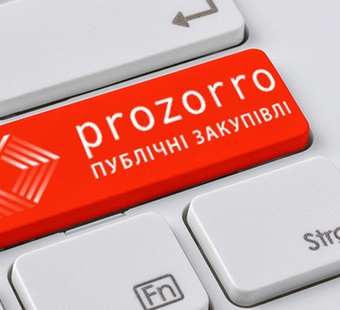
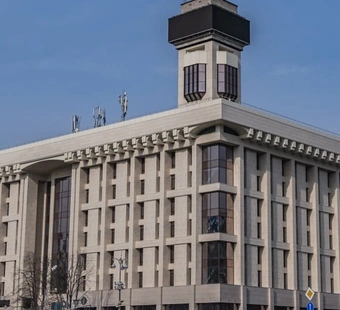



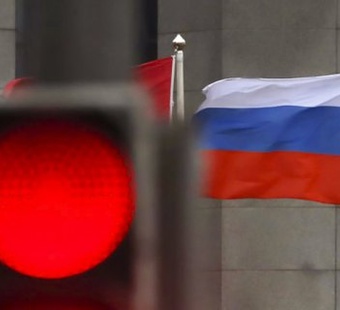

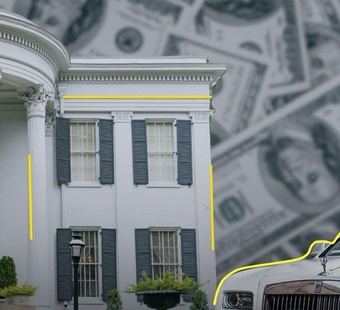
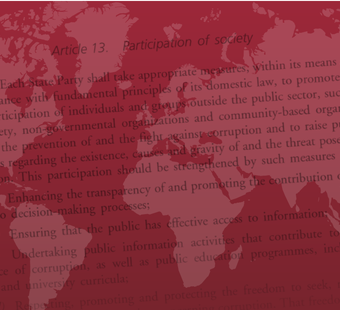
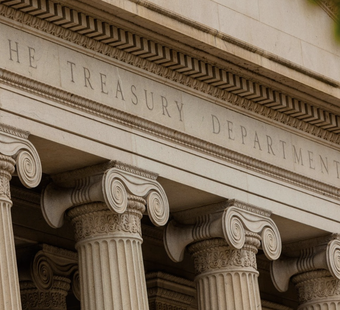



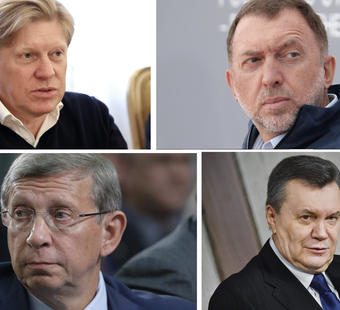
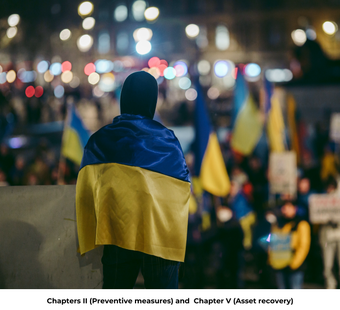

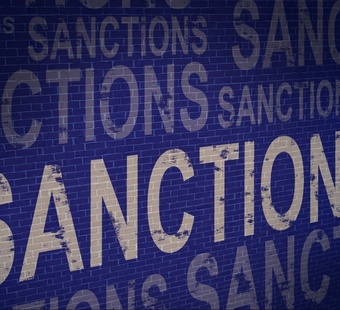

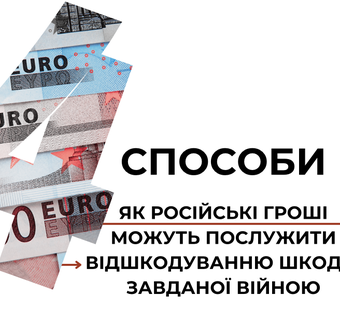
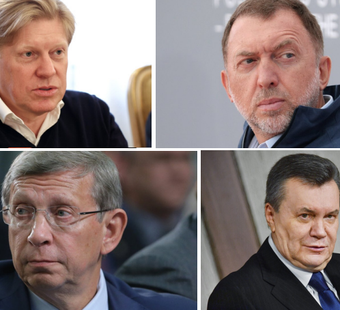
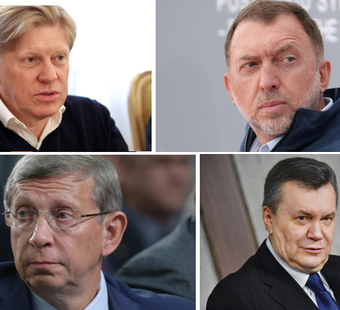

Authors:
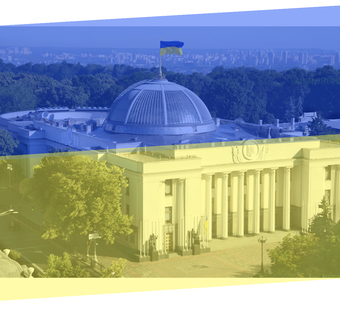
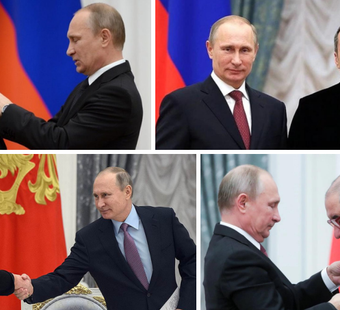


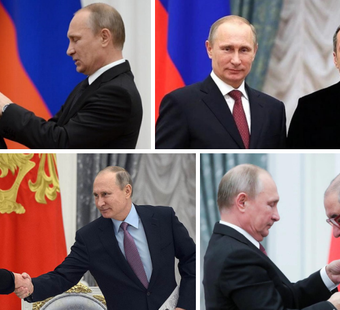
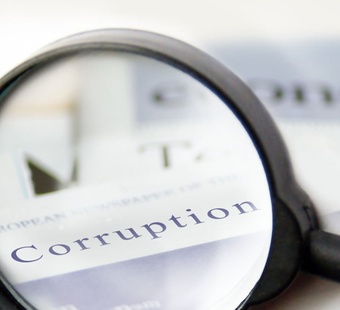
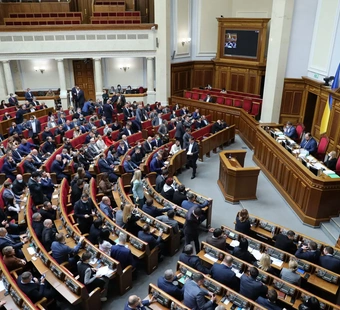
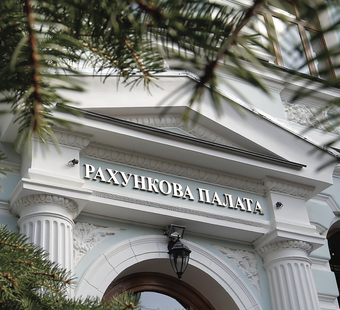
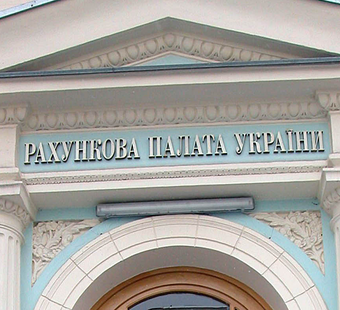
Related to projects
Efficient reparations now
Останнє оновлення: 17 Nov. 2025
The Institute of Legislative Ideas develops and promotes tools for effective compensation for the damage caused by Russia's war against Ukraine. The project covers accounting for losses, searching for sources of compensation and monitoring the use of funds
Monitoring the implementation of the UN Convention against Corruption (UNCAC)
Останнє оновлення: 21 Jan. 2026
The United Nations Convention against Corruption (UNCAC) is the only universal legally binding instrument to fight corruption in the world. UNCAC obliges state parties to implement effective anti-corruption mechanisms. The monitoring of the Convention's implementation is based on mutual evaluation by the states parties. It involves each state being reviewed by two other states. The process is divided into two five-year cycles. During the first cycle, the implementation of the provisions of Chapters III and IV is evaluated, and during the second cycle, Chapters II and V are evaluated.
Minimizing corruption risks in public policy
Останнє оновлення: 30 Dec. 2025
The project includes anti-corruption expertise of legislation, strategic assessment of corruption risks in the sectors, confiscation of unjustified assets, management of corrupt assets, return of corrupt assets to Ukraine, and monitoring of Ukraine's anti-corruption obligations.
Development, Improvement, and Monitoring of the Implementation of Legislation on the Management of Seized Assets in Ukraine
Останнє оновлення: 2 Feb. 2026
To develop and implement an effective and transparent system of public governance for managing seized assets, and to strengthen the institutional capacity of the Asset Recovery and Management Agency to ensure proper oversight of the preservation and use of these assets.



